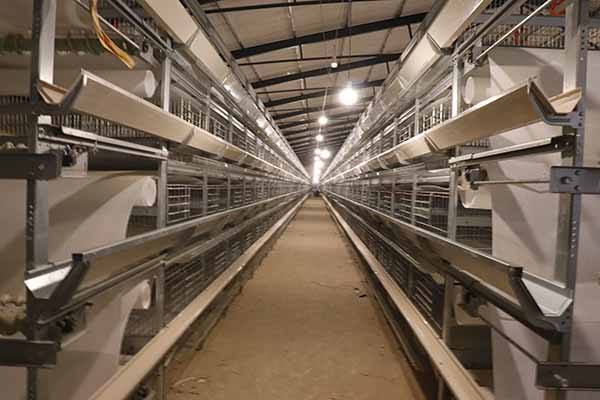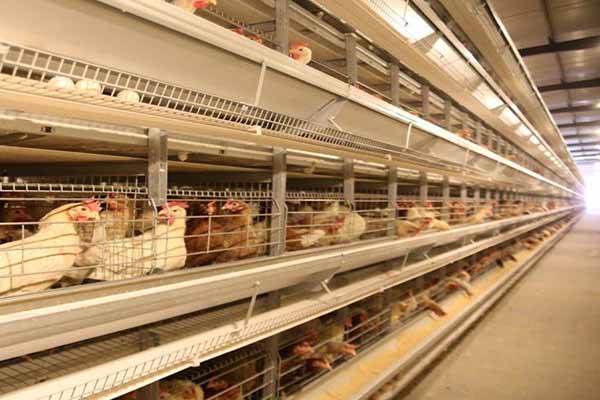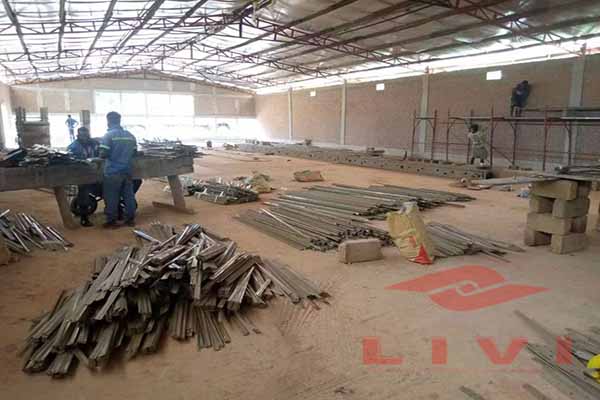Registration Process for Tanzanian Chicken Farms: A Comprehensive Guide
Time : 2025-06-30
The poultry industry in Tanzania has seen significant growth over the years, with chicken farms playing a crucial role in the country’s food security and economy. Proper registration of these farms is essential for ensuring quality control, disease prevention, and compliance with local and international standards. This article provides a detailed guide on the registration process for Tanzanian chicken farms, focusing on the importance of following the correct procedures and utilizing professional poultry equipment.
Introduction to Chicken Farm Registration in Tanzania
Registration of chicken farms in Tanzania is governed by the Tanzania Poultry Board (TPB), which is responsible for the regulation and development of the poultry industry. The TPB ensures that all farms adhere to strict guidelines to maintain the health and safety of birds, as well as the quality of poultry products.
Why Register Your Chicken Farm?
- Compliance with local and international standards
- Access to markets both locally and internationally
- Prevention of diseases and biosecurity measures
- Quality assurance for consumers
Eligibility for Registration
Any individual or entity engaged in the production of chickens for commercial purposes is eligible to register their farm. This includes farmers, cooperatives, and private companies. To be eligible, the farm must meet the following criteria:

- Be located in Tanzania
- Have a minimum of 500 birds
- Be equipped with basic poultry facilities and equipment
The Registration Process
Step 1: Application Submission
The first step in the registration process is to submit a completed application form to the TPB. The form can be obtained from the TPB office or downloaded from their official website. The application should include the following information:
- Farm name and location
- Owner’s name, contact details, and legal status
- Number of birds and type of poultry
- Description of poultry facilities and equipment
Step 2: Site Inspection
Upon receiving the application, the TPB will schedule a site inspection to assess the farm’s compliance with the required standards. During the inspection, the following aspects will be evaluated:
- Hygiene and biosecurity measures
- Availability of water and feed storage facilities
- Health and welfare of the birds
- Quality of poultry equipment
Step 3: Issuance of Registration Certificate
If the farm passes the site inspection, the TPB will issue a registration certificate. This certificate is valid for a period of five years and is a requirement for the farm to operate legally.

Importance of Professional Poultry Equipment
Utilizing professional poultry equipment is crucial for the success of a chicken farm. The following are some key pieces of equipment that should be considered:
- Feeders and Drinkers: Automatic feeders and drinkers ensure that birds receive the correct amount of feed and water, reducing waste and improving efficiency.
- Brooders: These devices provide controlled temperatures for chicks, ensuring their healthy growth and development.
- Ventilation Systems: Proper ventilation is essential for maintaining air quality and preventing disease outbreaks.
- Manure Removal Systems: Efficient manure removal systems help maintain hygiene and prevent the spread of diseases.
Choosing the Right Equipment
When selecting poultry equipment, it is important to consider the following factors:
- Quality: Invest in high-quality equipment that will last and provide reliable performance.
- Efficiency: Choose equipment that is energy-efficient and reduces waste.
- Ease of Use: Look for equipment that is easy to operate and maintain.
- Customization: Select equipment that can be customized to meet the specific needs of your farm.
Conclusion
Registering your chicken farm in Tanzania is a critical step in ensuring compliance with industry standards and accessing larger markets. By following the registration proce ss and investing in professional poultry equipment, you can enhance the productivity and profitability of your farm. Remember to maintain regular communication with the TPB and stay informed about any changes in regulations to keep your farm running smoothly.
ss and investing in professional poultry equipment, you can enhance the productivity and profitability of your farm. Remember to maintain regular communication with the TPB and stay informed about any changes in regulations to keep your farm running smoothly.











